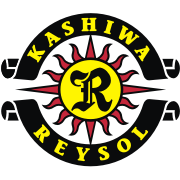I work in HR and am a fan of AI. After interviewing with an AI bot, I think it should stay out of job interviews. 


07-15 21:04Views 4762
Emily Fenech, a 41-year-old marketing VP at HR tech company AllVoices, explores AI applications for HR. After a LinkedIn post she made about AI tools for HR went viral, commenters repeatedly suggested an AI interview tool, prompting her to test it via a mock interview. She had a negative experience.
The interview featured a robotic voice and a static logo instead of an avatar. Fenech found the interface off-putting while answering high-stakes questions. Although initially considering it potentially useful as a screener, the interaction deteriorated. The tool created a hypothetical scenario for an office manager role. Fenech, jokingly claiming 25 years of experience in a field she doesn't work in (she's a marketer), received exaggerated praise like "Wow, that's so impressive." Even when she sarcastically stated her responsibilities included planning birthday parties and ordering toilet paper, the AI responded positively, complimenting her party planning skills. This consistent, unwarranted praise made her feel "gaslit" and indicated the tool would find something positive in any response, lacking critical assessment.
Fenech was surprised to learn from LinkedIn comments that companies are already using this technology. She criticized the tool for creating a robotic interaction dynamic, explaining that humans naturally match conversational energy, leading her to give short answers because she didn't want to engage with a non-person. While critical of this specific application, Fenech supports using AI in HR for beneficial tasks like transcribing conversations, tracking performance goals by analyzing emails and meetings, or enabling employees to find policies (e.g., PTO, W2 forms) without HR intervention.









































Related Comments(4757)